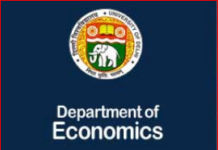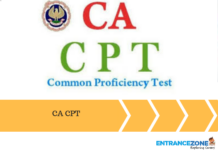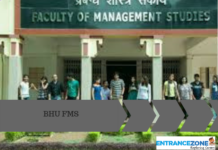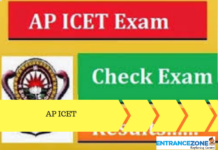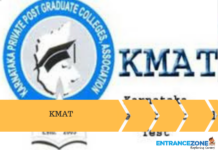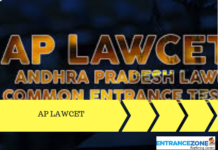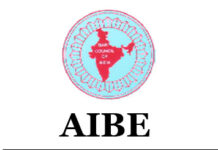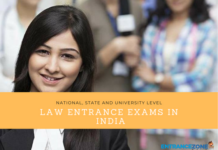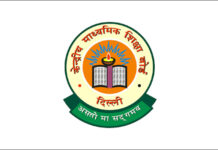NCERT Solutions for Class 12 History is available here in pdf format. Students can download the NCERT Solutions for History Class 12 Chapter 1 from the pdf links provided in this article. The NCERT class 12 History Questions and Answers are provided for each chapter so that the students can prepare better for the exam. These solutions are designed as per the latest syllabus and curriculum. The NCERT Solutions for Class 12 History Chapter 2 is prepared by the subject experts and teachers. Therefore, it is highly recommended for the students to score good marks in the exam. Read the complete article to get the free pdf link to download the NCERT Solutions for Class 12 History chapter-wise pdf.
Admission Open 2023
- Top University & Colleges Official Links, Application & Scholarship Forms.
NCERT Solutions for Class 12 History- Free PDF Download
The chapter-wise NCERT Class 12 History Solutions are helpful to understand the concept in detail. These solutions are crafted by the team of History subject experts. These NCERT Solutions are completely free and are reliable to use. To help you develop in-depth knowledge these NCERT solutions are provided with lucid information to boost your score in the Class 12 examination. CBSE prescribes the NCERT textbooks — Themes in Indian History-I, II & III for class 12 students. These NCERT Solutions are helpful in identifying the learning difficulties experienced by a large number of students struggling to perform satisfactorily in the examinations.
NCERT Solutions for Class 12 History Chapter 1 Bricks, Beads, and Bones
NCERT Chapter 1 History is about the Harappan civilization in detail. The beginning, subsistence strategies, Mohenjodaro, the end of civilization, and more. Bricks, Beads, and Bones are also about the Story of the First Cities: Harappan Archaeology. Broad overview: Early urban centers. Story of discovery: Harappan civilization, a study of burials. The artifacts have been classified into two categories, Utilitarian and Luxurious. Objects of daily use and objects made of ordinary materials made of clay or stone come under the utilitarian category. Ordinary articles consisted of querns, pottery, flesh rubbers, and needles.

